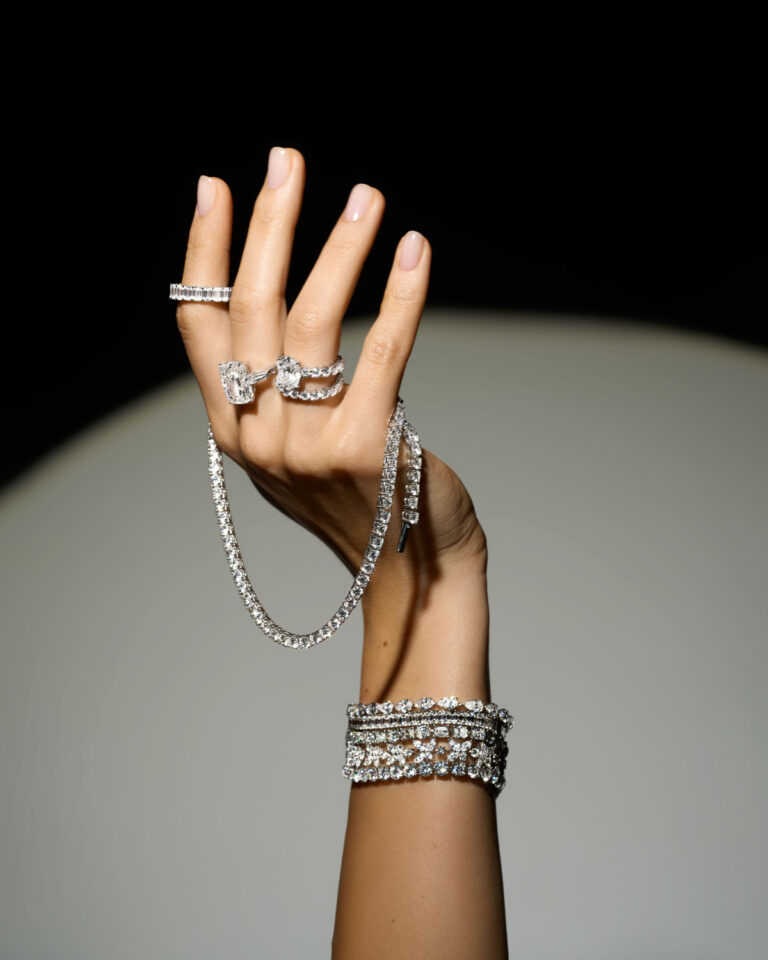Exclusively for ELLE
The 16th Odessa International Film Festival will take place from September 24 to October 4.
This is a special event in the cultural life of Ukraine. The festival will present the best national and foreign films, arrange meetings with filmmakers, and organize a rich program of events.
Previously, the event was held in Odessa, with late-night film screenings and open-air screenings. This year, the festival will be held in Kyiv, with strict security measures, a network of shelters, and documentaries about the Ukrainian present.
“The festival is a cross-section of what is happening in the Ukrainian and global film industry,” says Anna Machukh, Director General of the Ukrainian International Film Festival.
What have the organizers prepared this time? Anna Machukh spoke about film trends, the festival program, and the importance of foreign presence at it in an interview with ELLE.
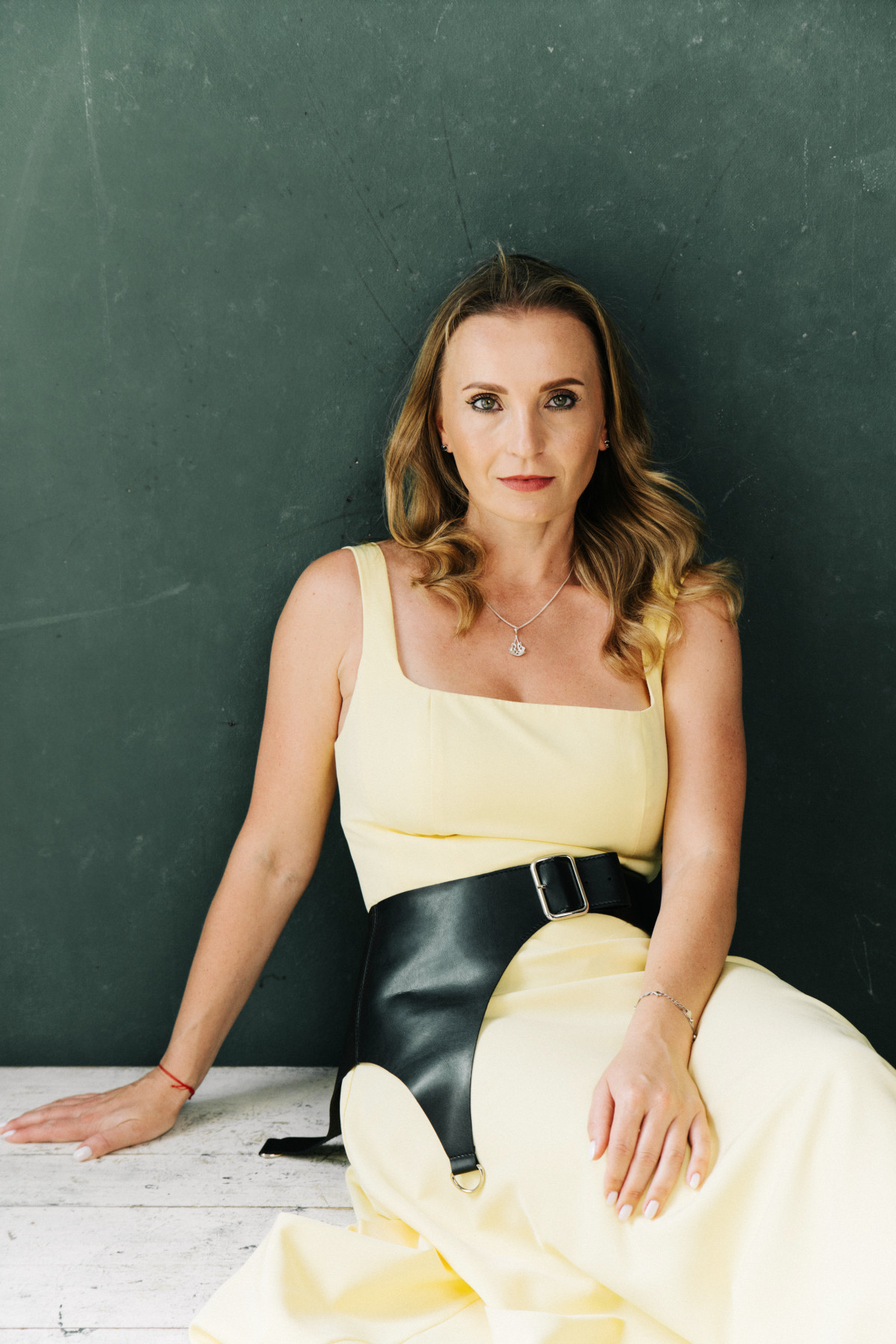
Anna Machuch
The slogan for this year's event is “Sustainability in our DNA.” How is this idea reflected in the festival's attributes?
It seems to me that this should be the slogan not only of our festival, but of all Ukrainians now. Our resilience is evidenced by the conditions in which we live and at the same time retain strength. For several years now, foreigners have been coming to us, who are always surprised that we continue to make films, hold festivals, write songs, paint pictures, and do business. Ukraine is now such a discovery for the whole world.
The persistence of DNA in our poster is reflected in direct symbols: a heart that continues to beat, Duke, the symbol of Odessa, and a background in the form of the cracked, yet living Ukrainian land. The festival program will also correspond to the slogan.
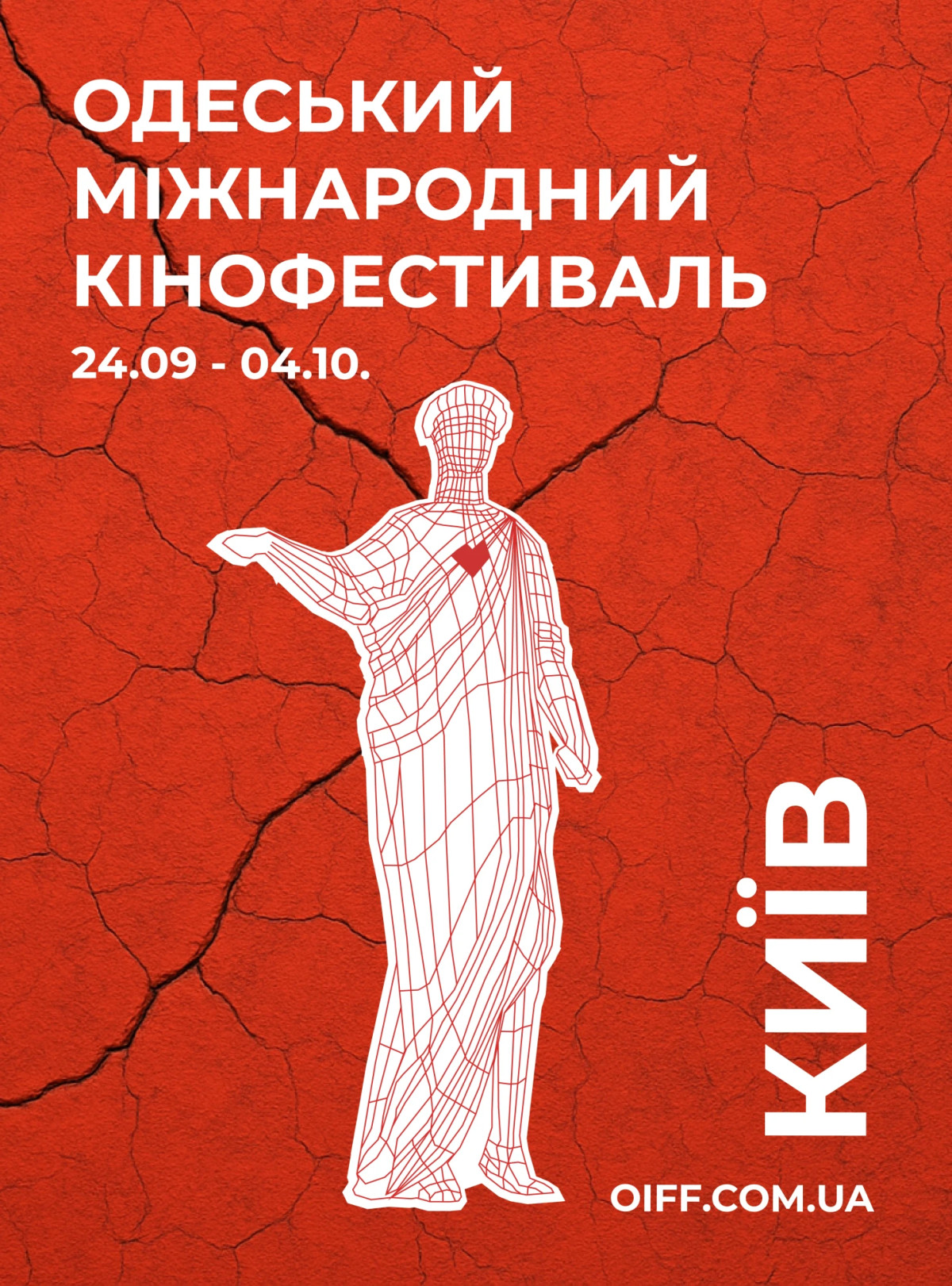
What program has the Odessa Film Festival prepared for the audience?
We have already announced a retrospective of German director Wim Wenders, and we will also show another retrospective dedicated to Spanish director Carlos Sauri.
The national competition program this year is different in that it is presented only by documentaries. Ukrainian cinema is currently experiencing a major crisis of festival feature films due to the lack of full-fledged financing due to the full-scale war. Almost all the films that were started before the invasion have already been released. Namely, there are very few new feature films, so we are presenting them within the framework of the European competition of the festival.
In total, we have collected about 100 films in the program. We have also prepared a lot of European comedies, thanks to which the audience will be able to forget about the horrors they have to go through for at least two hours.
The festival will help us remember how wonderful life can be without war.
In addition to comedies, we present programs with films about creative people who overcome their traumas through art, about animals suffering from war, and about family values.
Of course, there will be screenings of the best films from other international festivals and gala premieres – films that will later be released in Ukrainian cinemas. We have also prepared partnerships with European colleagues – in particular, Poland and Spain.
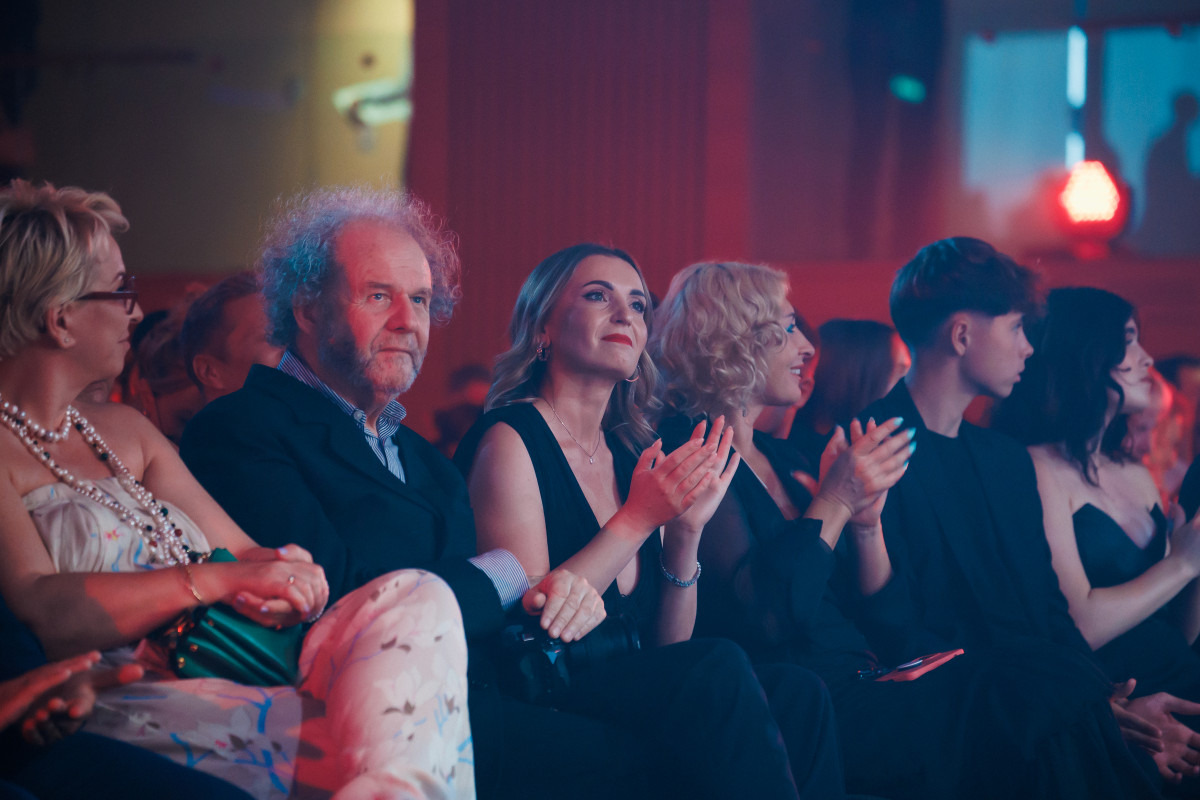
Despite the fact that there are few feature films now, is it possible to outline what is already stable and characteristic of Ukrainian cinema, and what still remains a space for experiments?
In 2017, the renaissance of Ukrainian cinema began, and now we are experiencing its stagnation.
However, over the years, we finally have genre films that we haven't had for a long time. For example, Pavel Ostrikov's film “You Are Space” is a science fiction film that has never been filmed in Ukraine before.
Also, in our industry, there has been more audience cinema, which is shot only for the domestic market. It is already of higher quality and more powerful, but many new names are also appearing in it. So now it is very important not to stop watching Ukrainian cinema, even if you are disappointed during one of the screenings.
And how did Ukrainian cinema change during the full-scale war?
We have increased the number of documentary films. It has always been powerful in Ukraine, we have not had to look for topics throughout our history.
Now anyone with a camera can shoot a documentary — even from their window. This is good because Ukraine, lacking domestic funding for feature films, can present itself to an international audience in a different way.
However, this has led to non-professionals starting to make documentaries, and often these are poor quality films. In those cases, it is better not to show them to either an external or internal audience.
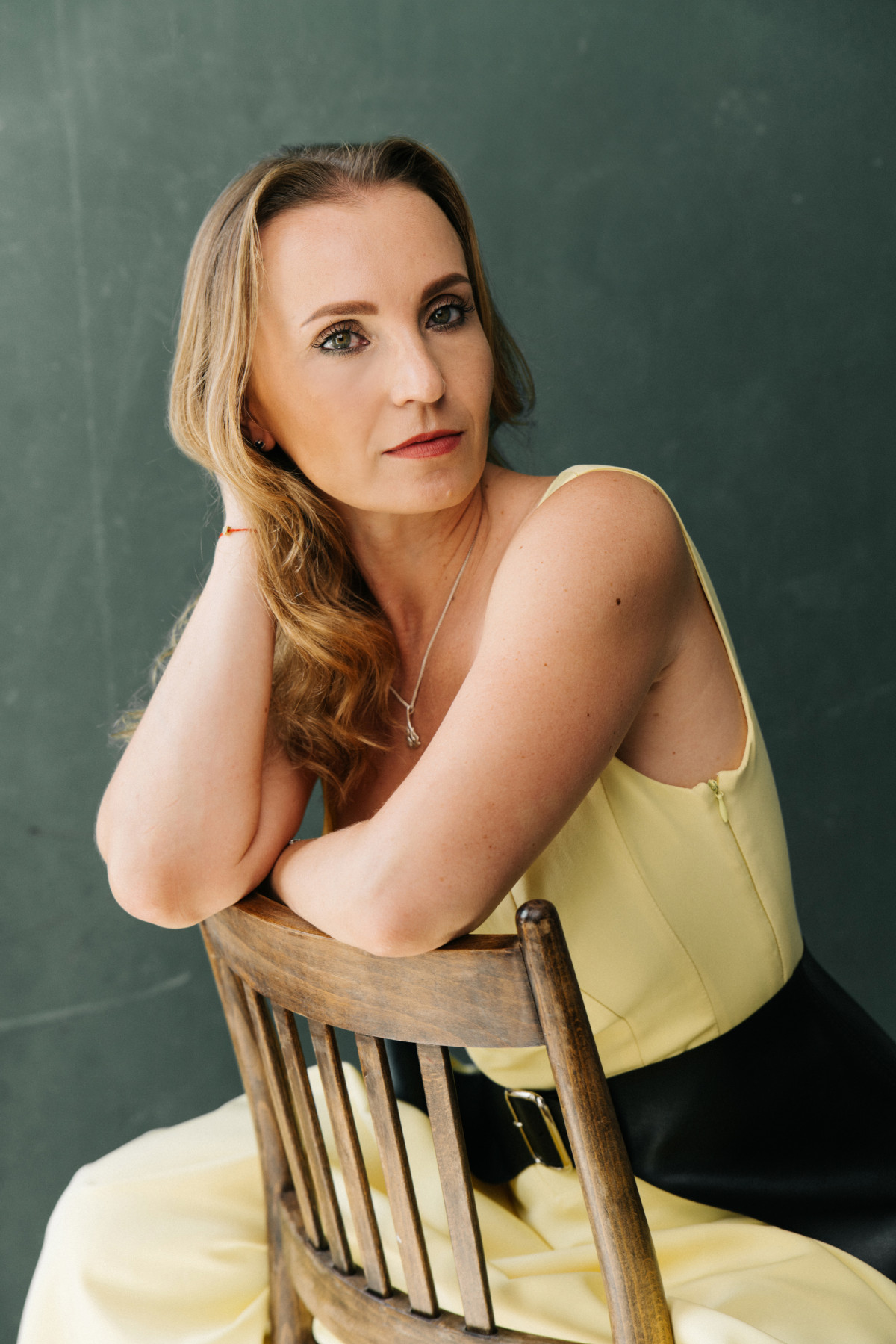
Despite the differences among countries, are there any common trends in foreign cinema today?
There is a global trend: viewers like to immerse themselves in escapism. They want to relax. That is why horror films, comedies, and science fiction films are popular – films that are not about the reality we live in.
That's why we also chose a lot of comedy films for the festival.
We understand that viewers may simply not come to see a social drama about suffering.
On the website of the Odessa International Film Festival, we read the following about the Wim Wenders retrospective: “Wenders became a chronicler of a road that does not always lead to itself, but always reveals something.” What do you think is the current path of Ukrainian cinema?
We used to be on the rise, but now there are only a few feature films that can be submitted to international festivals. That's why our face on the international stage is changing – we are presenting documentary films.
In 2022, I had rather pessimistic forecasts for the industry — it seemed that all film professionals would quit their jobs. Someone left, someone ended up on the front lines — who would make films? However, the industry is developing and changing. Audience cinema is helping a lot: series shot by TV channels, vertical formats placed on Ukrainian and international platforms.
We will learn about the future face of the industry in a few years — when the films shot based on the results of the 19th Derzhkino pitching are released, and when a decision is made on the next funding of the films.
It is very important for us to continue making films. If we don't show them at festivals, then the Russians come there with their films. And then our cultural diplomacy fails.
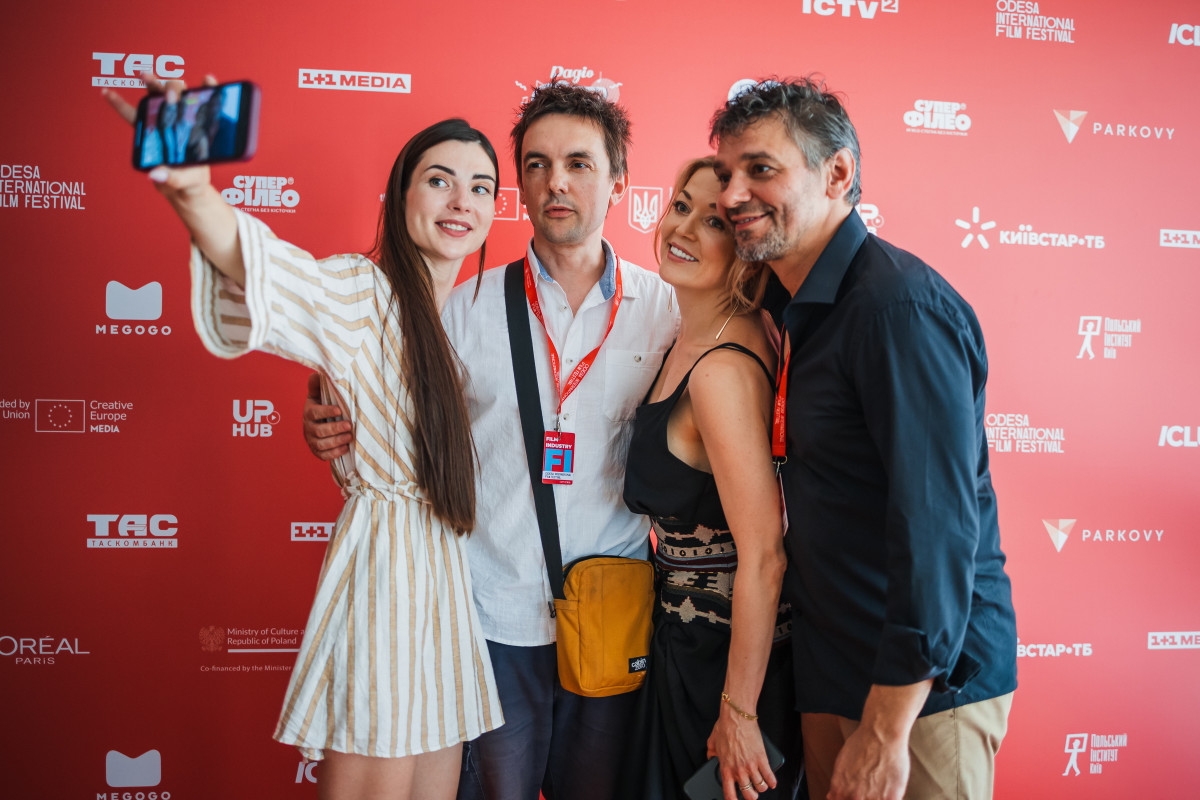
This year the festival will be held in Kyiv again. Are you choosing the capital because it is the most convenient location for the event so far?
This is the most logistically convenient location, because it is important for us to invite foreign guests to the international festival, who will return home, go on other trips and be able to talk about Ukraine. Of course, people from abroad are shocked that they need to travel to Kyiv for two days. However, it is still easier and more convenient than to Odessa.
Security is also important to us. Kyiv is subject to attacks, but the capital has a better network of shelters. During an alarm, the festival stops all screenings and events so that viewers can go to shelters.
We really hope to hold the festival in Odessa next year, but while the war continues, we will remain in Kyiv. If the capital becomes less safe than it is now, we will look for other locations.
Despite your compliance with all safety rules, are foreigners afraid to come to Kyiv?
Of course, they are afraid. Probably, 90% of our invitations are rejected, in which foreigners praise us for our courage and say that we are not brave enough to go to Kyiv. I understand them perfectly – I probably wouldn't go to present my film in a country where there is a war.
However, there will be foreign guests. I think our film professionals will be interested in talking to them.

Why is dialogue between Ukrainians and foreigners important in the film industry?
This is the most important thing you can do right now. I understand that people from the film industry cannot carry the message as widely as, for example, politicians, but they still remain ambassadors who can tell what is happening in Ukraine.
It is also important for us to show Ukrainian films abroad — and not just films about the war.
Foreigners should understand that there is a worthy Ukrainian culture. That there is a state, Ukraine. They forget about this because they constantly see the news and after a while they may no longer pay attention to it.
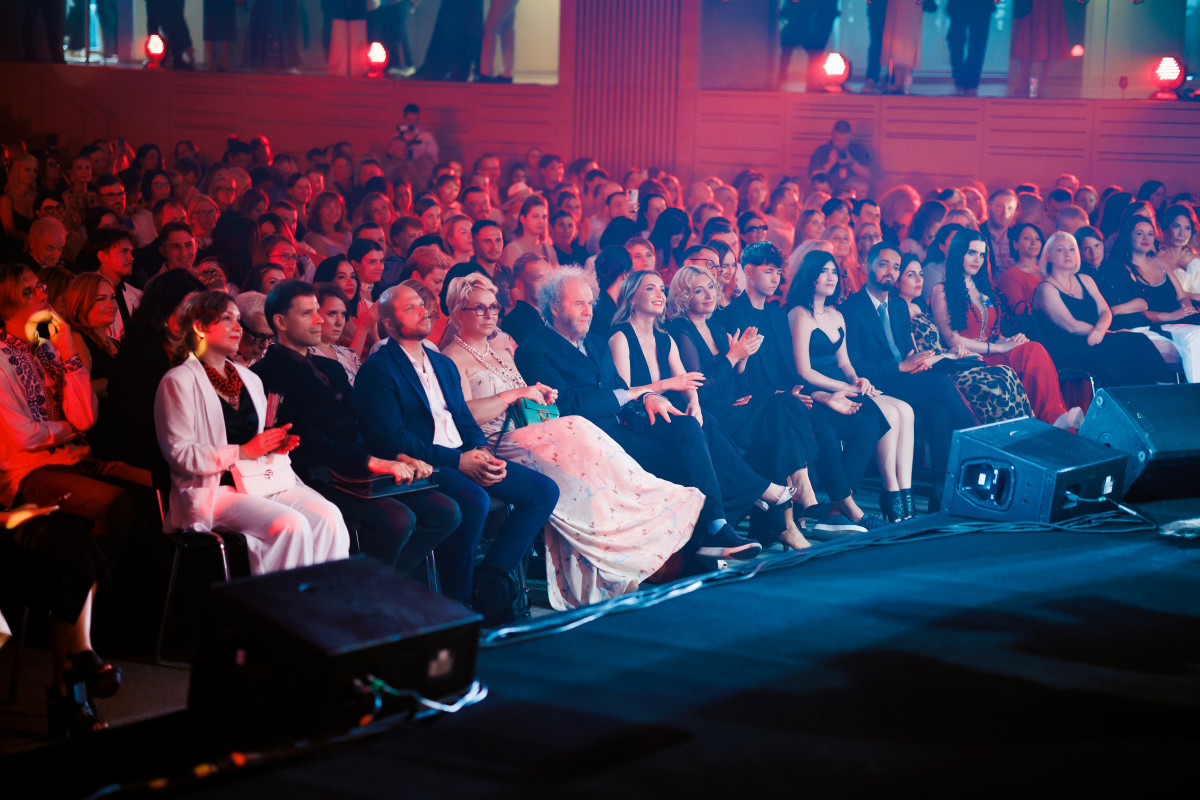
How has the Odessa International Film Festival changed during the full-scale war? How do you see it in the future?
The Odessa Film Festival is different every year, it cannot be the same.
We would love to go back to 2021. Back then, there was no curfew, we would have outdoor events, parties, and late-night movies. And then we would go to the sea — and never even think that there might be mines in the water.
The festival is a cross-section of what is happening in the Ukrainian and world film industry. Both the professional program, the discussions, and the debates show what our present is like. I would like many topics to be removed, so that we would not have to add documentaries about the war to the program. However, the Odessa Film Festival does what it can do for Ukraine.




